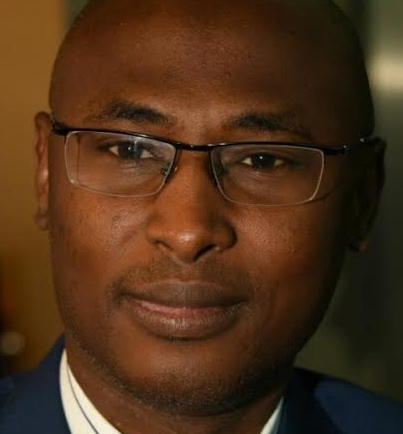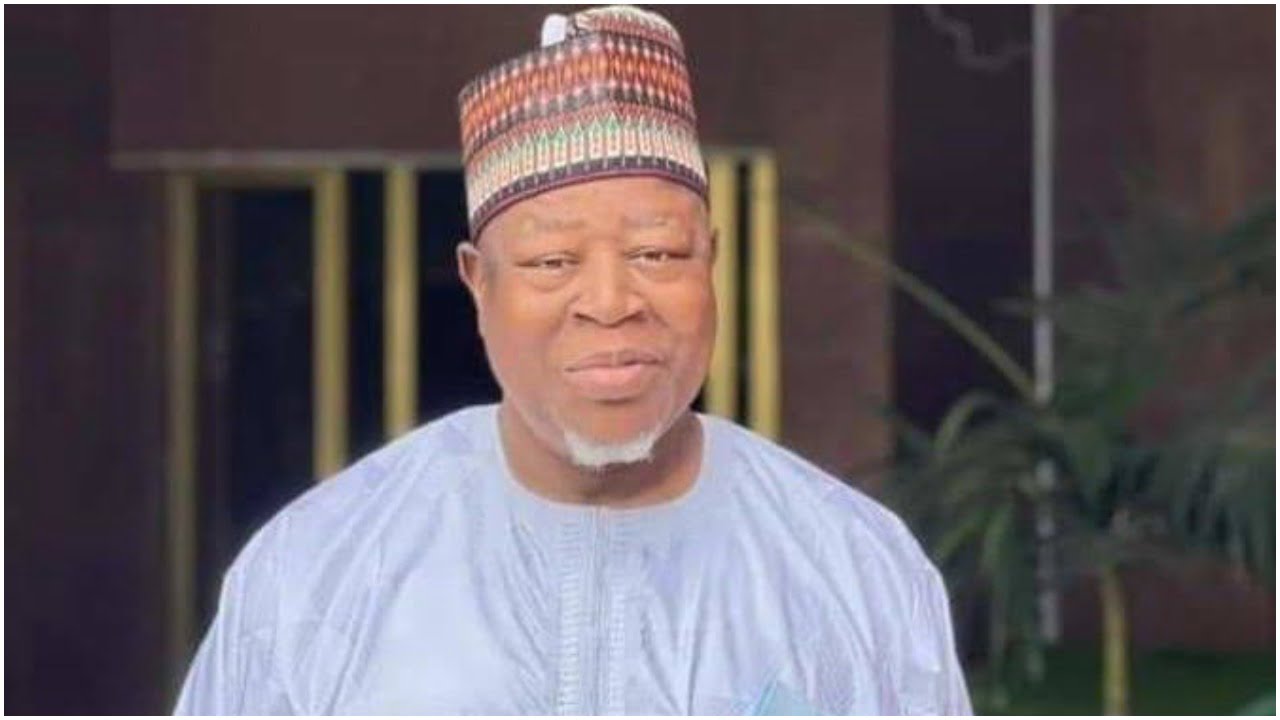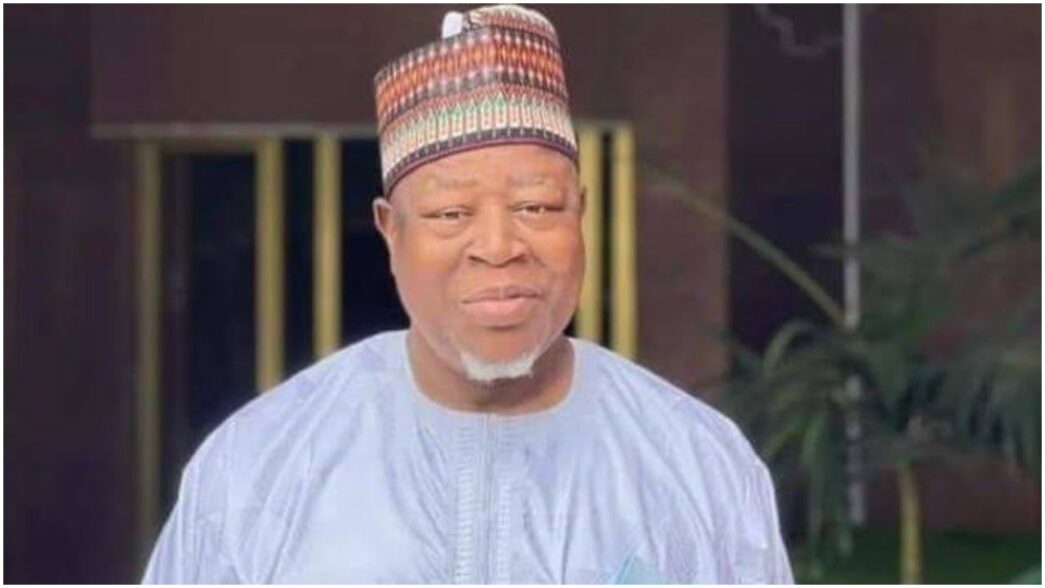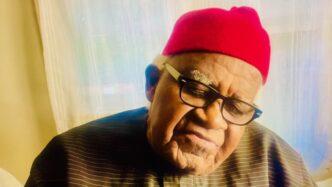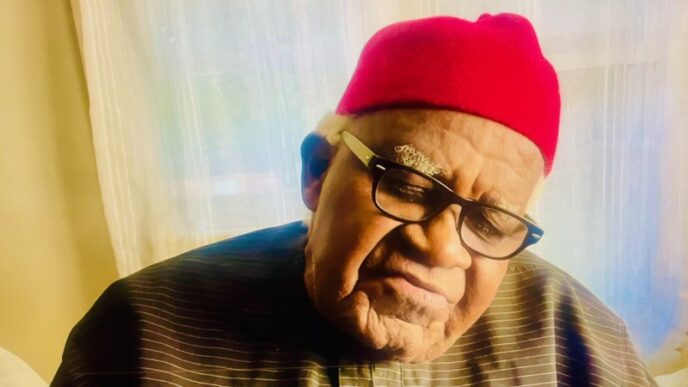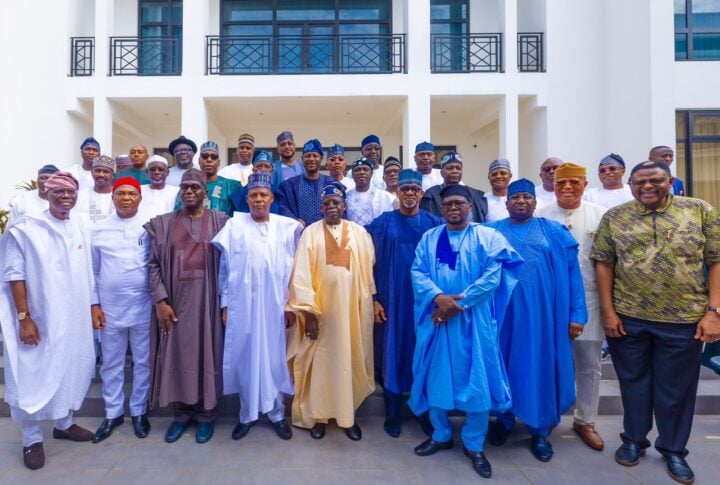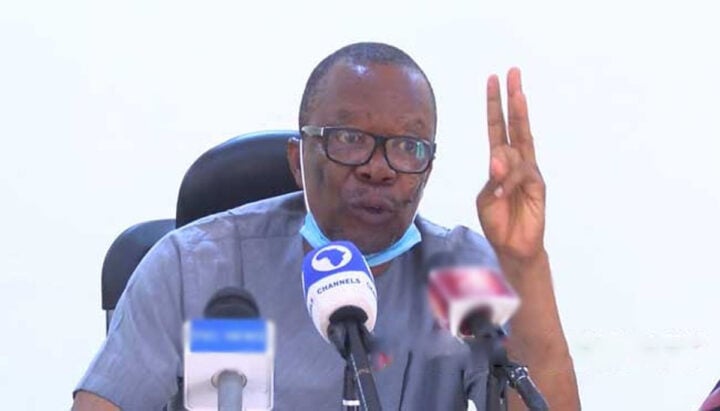I am of the opinion that the National Policy on Telecommunications 2000 was one of the best things that happened to our dear nation. It was the precursor to the goodies we are currently enjoying in the digital economy space today. But I also believe that former Minister of Communications, late Alhaji Arzika is the unsung hero of it. Arzika was never given his flowers. He deserves a bouquet, even posthumously.
In case, you have never read the policy and you are using your phone or tablet to read this, pray for Arzika as he was the man who made the sacrifice as the minister to lead the revolution we called liberalisation of the telecommunication sector in the early 2000.
In the document he signed, Arzika was not oblivious that he was going to let go of a lot of his powers as the minister to a new arrangement that would allow independent institutions to emerge. He, anyway, still went ahead to champion this cause for the greater good of Nigeria.
“The policy strongly prescribes clear delineation of institutional roles and functions, review of existing laws and above all the establishment of an open, transparent, future-oriented and proactive regulatory framework, processes, and procedures,” he wrote in the document’s preface.
Advertisement
When Nigeria came up with that policy under the leadership of President Olusegun Obasanjo, industry statistics were at an abysmal level. The sector was characterized by weak infrastructure, total absence of competition in the market, appalling private investment, and almost zero encouragement to innovation, typical of government monopoly.
The country could only boast of 4500, 000 active lines for a population of over 122 million people as the teledensity was 0.04%.
The private investment in the sector was a paltry 50 million USD. Since choosing that path Nigeria has seen a quantum leap in all aspects of industry statistics.
Advertisement
From 500,000 active lines, we now boast 157,600,321 to 216 million Nigerians. The country also enjoys an internet connection of 134,279,501, with broadband penetration at 42.24%.
Today ICT sector is among the top 3 most contributing to our Gross Domestic Product (GDP). But from 1960 to 2000, the industry was providing an average of 0.3%. It is not worth noting, therefore , that telecommunications contributed 16.36% to the nation’s GDP, according to the latest industry statistics.
With the mobile industry, being an enabler of the growth of the other sectors, these statistics are poised to continue to flourish. While we enjoy, we must also remember the architects of what we enjoy today.
Arzika, according to a Wikipedia entry, was born in Tambuwal, Tambuwal LGA of Sokoto State, Nigeria on 21 April 1943 and he attended Tambuwal Primary School from 1951–1953, Sokoto Middle School from 1953- 1955 and Provincial Secondary School (Nagarta College) from 1955-1961. “He also attended Barewa College from 1962–1963 and Ahmadu Bello University Zaria, Institute of Administration where he earned a Bachelor of Arts degree in Public Administration from 1964–1967”.
Advertisement
Views expressed by contributors are strictly personal and not of TheCable.
Add a comment
